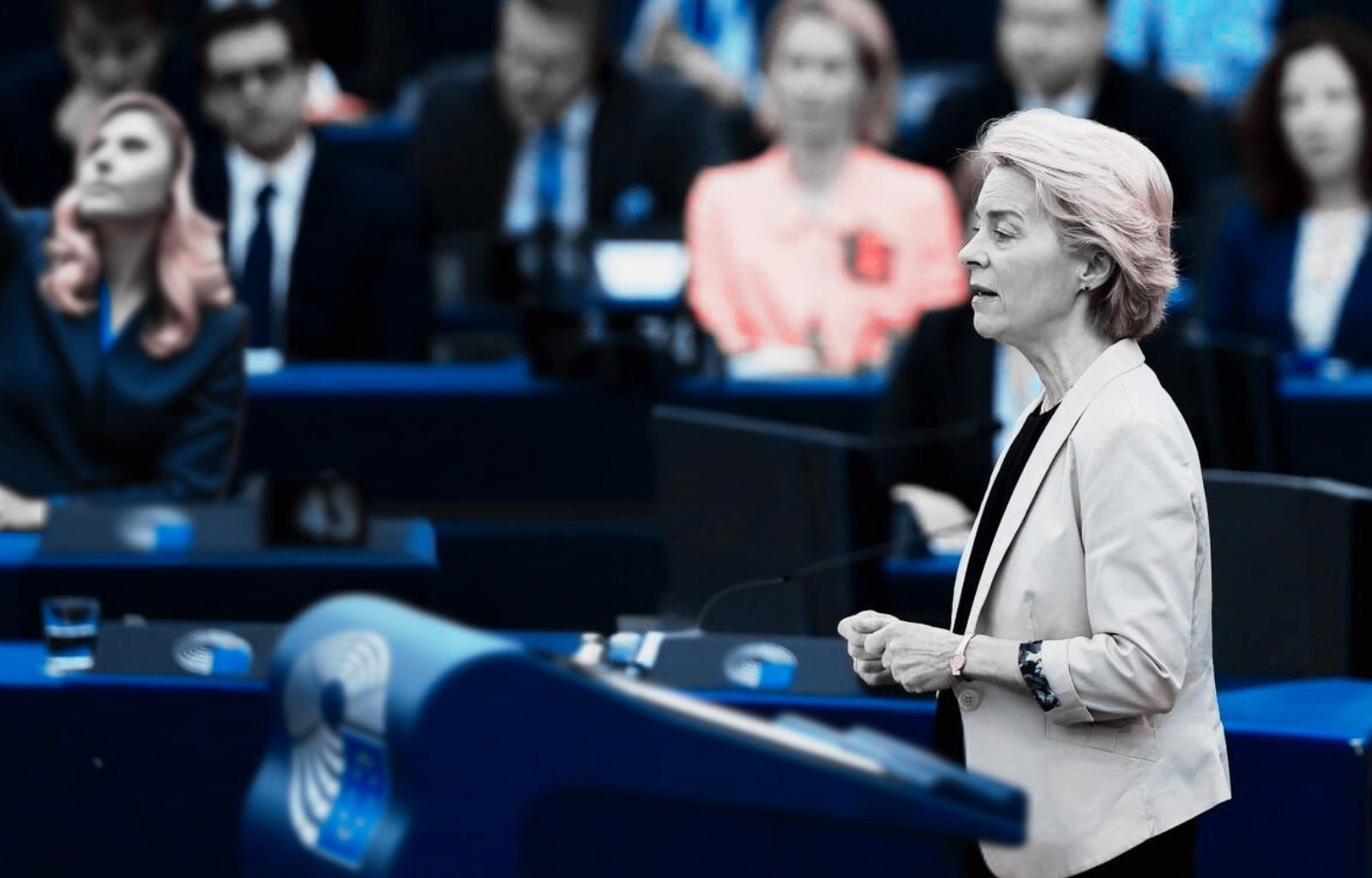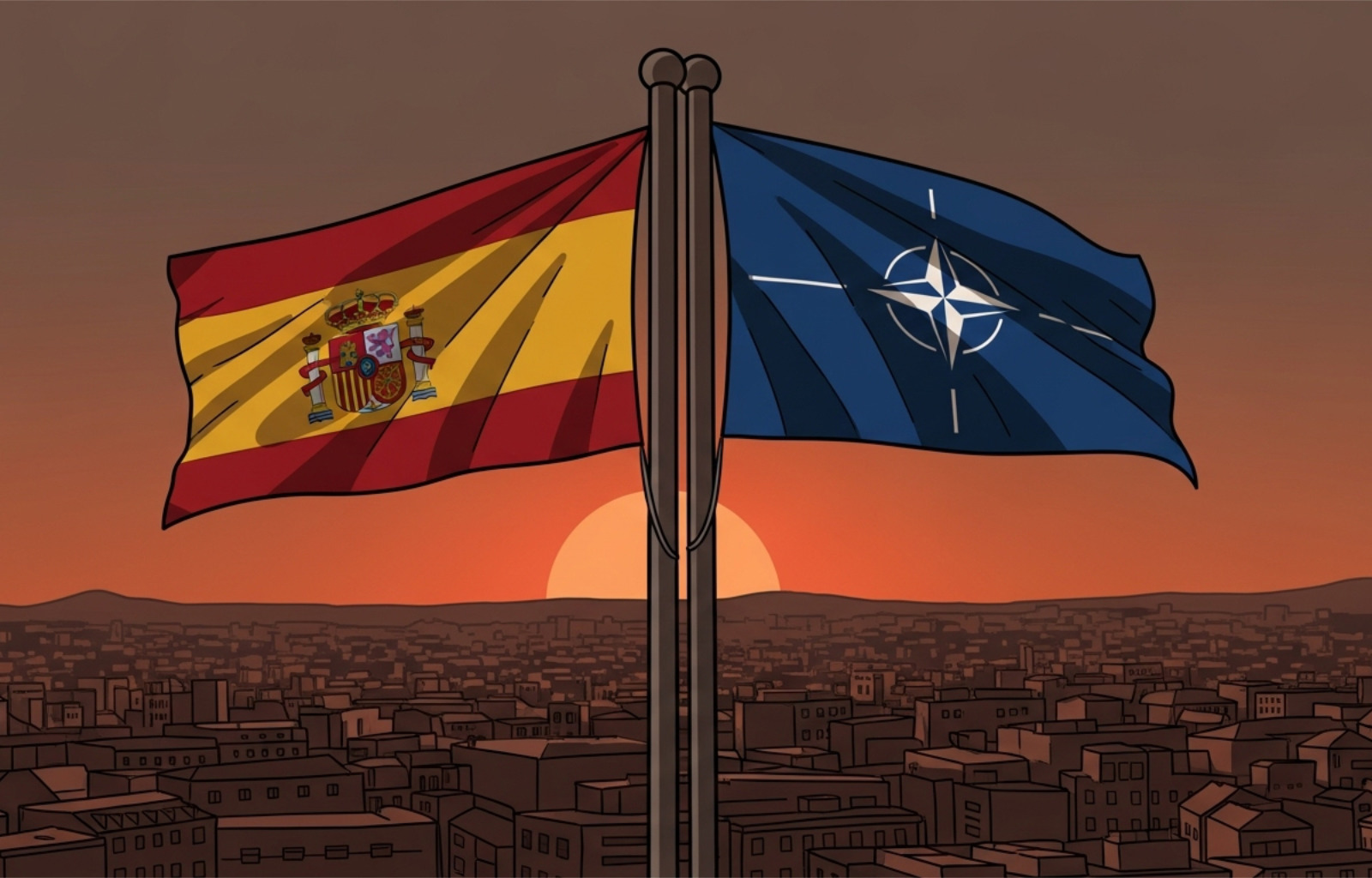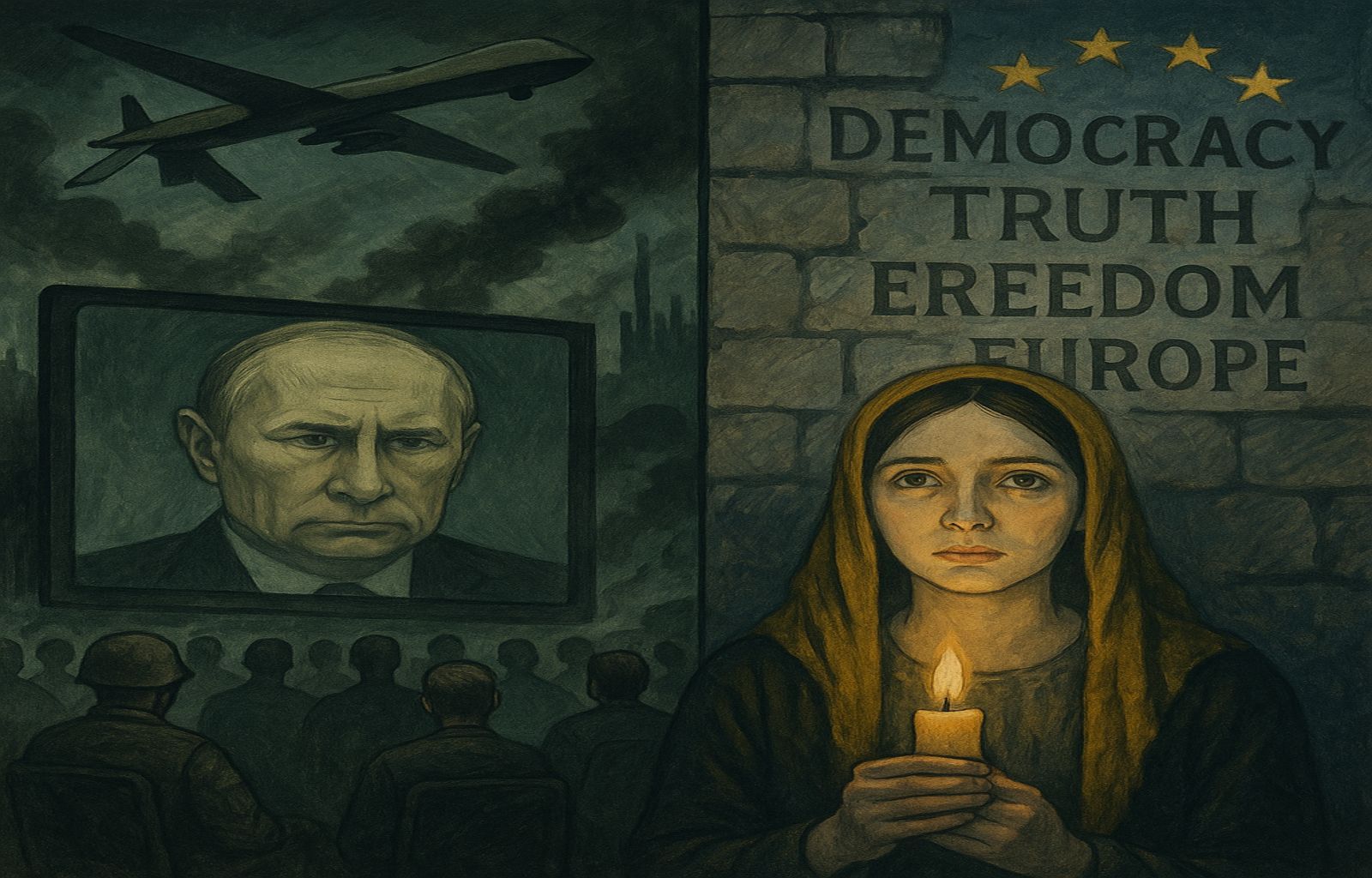The new EU Commission is a proof of democracy, despite the many distinctions

On 28 November 2024, the European Parliament, by a narrow majority, approved the composition of the new Von der Leyen-led Commission. An outcome that was not a foregone conclusion, given the premises, which makes it worthwhile to make a few considerations regarding the democratic scope of what has happened in recent months in the old Continent.
Representative democracy under scrutiny
Parallel to the process of European integration, in fact, in many member states there has historically been no lack of controversy over an alleged lack of democracy in the institutional system of the most atypical regional organisation on the international scene. There has always been discussion of an excessive bureaucratisation of the decision-making processes, of a ‘distance from the citizens’ of the Union’s institutions and, more generally, of a scarce adherence of EU choices to the common feeling of the populations. It could be precisely this lack of adherence that is the cause of the stalemate of the last few months, during which a synthesis had to be sought between the outcome of the Euro-parliamentary elections and the decision, adopted by the Heads of State and Government, to create the Von der Leyen bis. The new Commission received the favourable vote of the lowest number of European citizens’ representatives since the current system has been in force. This proves that something has cracked in the relationship between those who populate the Union and those who govern them. There is no doubt that representative democracy has advantages and disadvantages, like any system of government. Nevertheless, it remains, to date, the best way to achieve syntheses – often, but not always, effective – between demands from below and the complexity of governing. It is within this framework that the new EU Commission will find itself operating, which has enormous challenges ahead of it, among them the two wars on the Continent’s doorstep and the increasingly less clement climate change , so great as to make the recent pandemic appear a manageable phenomenon.
The weight of Member States and the complexity of parliamentary groups
Turning to the democratic question, it is often forgotten that the Union, at least in its current set-up under the Lisbon Treaty of 2008, is not a federal state in which the executive is to blame for the problems of its members, but an intergovernmental organisation that, as such, is directed in its activities by the states that make it up. It is no coincidence that the motto of the EU was and remains ‘united in diversity’. From this perspective, therefore, propaganda speeches aside, it is the Twenty-Seven that actually direct the Union and its policies and the Commission, in agreement with them and with the representatives of the citizens at parliamentary level, that implements them. An obligatory inter-institutional dialogue mechanism that guarantees the broad scope, in terms of sharing, of all measures adopted in Brussels and intended to change, as per the Agreements, national laws. Another factor that is often ignored concerns the composition of the European parliamentary groups. In public debate, one hears talk of popular, socialist, green, liberal, conservative, etc. groups as if they were single blocs within which there is absolute agreement on all issues; this is not the case. These are, in fact, groups created between national parties with similar visions of society, the economy and the external projection of the Twenty-Seven as individuals and as a group. Similar visions, not univocal. That is why the last few months of ‘stalemate’, the many meetings and the distingues that led to the vote on 28 November represented, we would say finally, a moment of albeit bitter debate that seems to have been demanded by the continental voters themselves. For many, it would have been desirable to ignore the evident growth of parties opposed, or at least sceptical, of the Union and often defined, once again considering them a monolith and not a collection of similar but different ones, as anti-European.
A clear message from European voters
In this direction, the elections of June 2024 revealed a demand for change with respect to the Union’s recent past. It is undoubtedly true that the parliamentary groups that openly supported the outgoing Commission emerged from the vote unscathed, but it is also true that the growth, in terms of consensus, of the many and widespread ‘anti-EU’ parties (allow me the simplification mentioned above) is hard to deny. What is more, the latter have been able to evolve by dividing themselves internally and thus allowing a distinction to emerge between moderate critical instances – this is the case of the Italian relative majority party – and extremist ones; or perhaps more simply different visions of the integration process. What is certain is the transversality of these movements that from France to Germany, passing through, among all, Italy, the Netherlands and Spain, bring to the EU institutions new ideas that, although criticised by many, deserve to be listened to on pain of transforming democracy into a valid and salvific system only when moderation gets the better of them and tones, by dint of being placid, die down. The danger, in this case, would be the consequent pursuit of ideas that are far too noisy.
Balancing Europeanism and substantive democracy
The Lisbon Treaty assigns to the person designated by the governments as President of the Commission, subject to Parliament’s assent, the difficult task of transforming the outcome of the citizens’ vote into a government to be placed at the helm of a Union between different states but united by similar legal cultures and histories; in doing so, he or she will have to take into account the names proposed by the individual national executives as the expression of a synthesis at state level. A task with outcomes that can never be taken for granted. Certain choices made in recent months demonstrate, however, that balancing Europeanism and substantial (and not just formal) democracy is possible. Whether fruitful only time will tell. Of all of them, the executive vice-presidency assigned to Commissioner Fitto, proposed by Italy, is a concrete example, as is that assigned to Spanish Minister Ribeira. Completely excluding even the most moderate voices, at least with respect to the most extreme ones, of the composite movement critical of the current Union would most likely have meant facilitating the process of disintegration that some, fortunately still few, in the old Continent hope for. Engaging the Commission, which, it should be remembered, holds the power of legislative initiative in the Union, with apparently conflicting voices will only ensure lively debates and compromises that are more responsive to citizens’ demands. Otherwise, to claim that the business-as-usual model is effective and that therefore the EU policies of recent years have won the trust of Europeans would be false and therefore a mistake. If everything really had been appreciated by the continent’s more than 150 million voters, there would have been no need to discuss a ‘shift to the right’ of the EU majority or to reach the laborious compromise that is summed up in commissioners who are often at odds in terms of their vision of a united Europe. All in full adherence to a proportional electoral system that characterises the European Parliament and makes it highly representative; hence, democratic and far removed from the flattening imposed by majority systems.
On 1 December, therefore, the new EU Commission will officially take office. There are many issues to attend to, just as there are many voices to listen to in order to ensure that, in five years’ time, critical movements do not turn from noisy minorities into majorities capable of dimming the brilliance of those yellow stars with a blue background.











